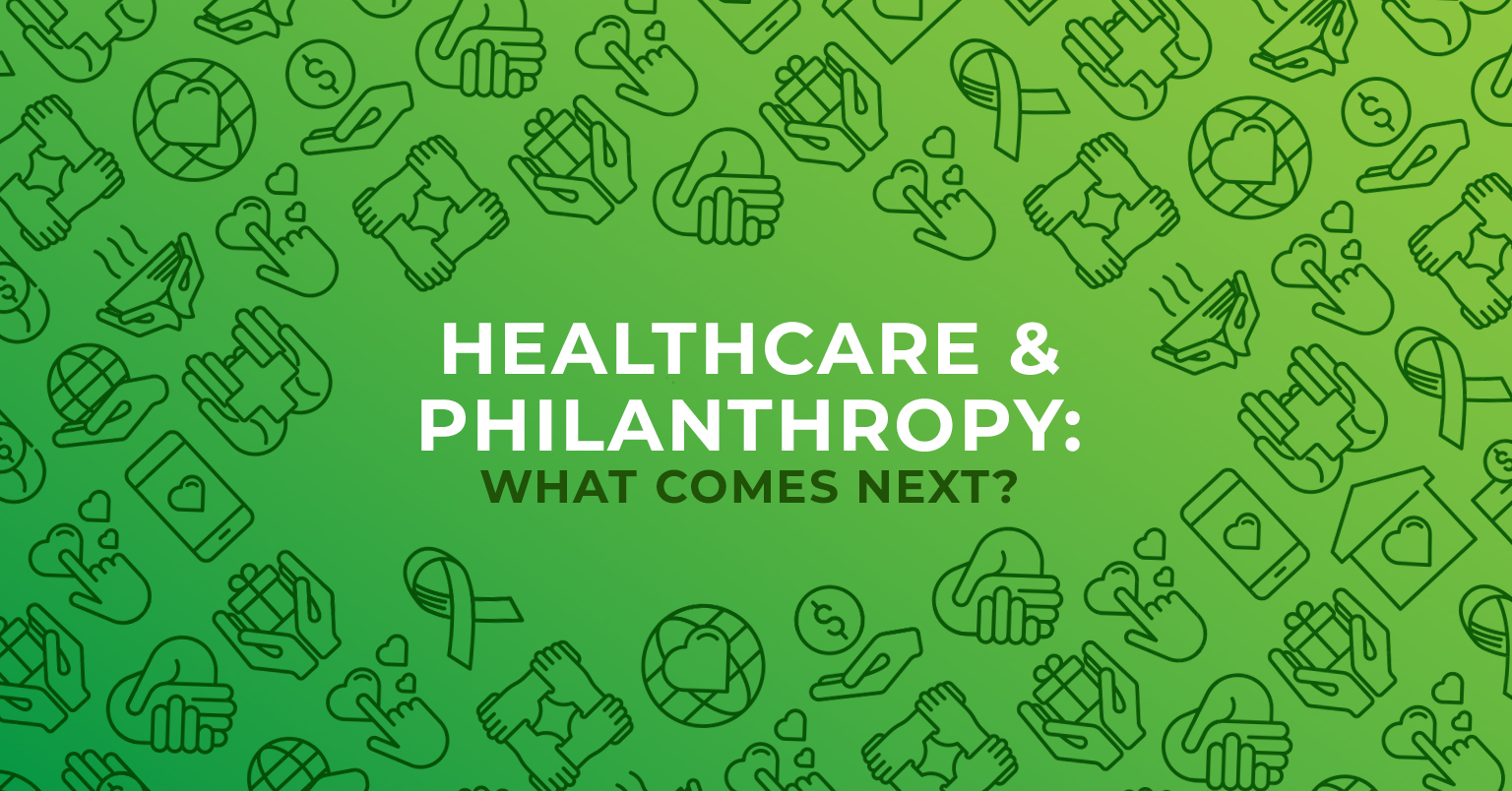
By Chad Gobel
COVID-19 destroyed lives and livelihoods as it burned through our cities and towns. For healthcare organizations, it was a test of readiness and resolve. Our institutions responded rapidly with testing, treatments, new protocols and vaccines. They showed real agility as facilities were repurposed, staff members redeployed, and the plans, projects and prospects of the pre-pandemic world were put on hold.
The war on COVID-19 revealed the daily heroism of physicians, nurses and other staff members. And it underscored the role of hospitals and systems as protectors and healers of the communities they serve. The result was a wave of thankfulness: lawn signs, gatherings outside hospitals, bumper stickers and social media posts. Businesses donated food, protective gear, hand sanitizer and even footwear to hospitals and staffs. Before COVID-19, it was common for individuals to thank their caregivers. In the thick of the pandemic, entire communities were expressing their gratitude.
Today, some healthcare leaders may ask: Can we get back to “before?” Unfortunately, the answer is no. Other factors have altered the industry landscape. These factors make “before” look like a distant memory. But that doesn’t mean the future is bleak. COVID-19 left our industry weary, but it also left a reservoir of gratitude that will prove to be both a key resource and an enabling strategy.
These “other factors” include a sluggish global economy. In the U.S., many economists predict a recession this year or early 2024. For the healthcare industry, labor costs jumped 20.8 percent from 2019 to 2022, according to a recent American Hospital Association report – largely due to expensive contract labor. The costs of drugs and supplies have also risen. The end of continuous Medicaid enrollment will see between 8 and 24 million Americans lose Medicaid coverage over the next year, according to health-policy organization KFF. Many of these individuals will remain uninsured. And this comes while hospital margins are down, cash reserves are declining and gains from investments are disappointing. Oh, and the CVS down the street plans to compete in primary care – to say nothing of Google, Walmart, Amazon and other tech disrupters.
Coping with these factors means that hospitals and health systems have to rethink their strategies to generate revenue. This is where philanthropy can play a significant strategic role. It’s time to tap into – and expand – that reservoir of gratitude. Once seen as an “extra,” philanthropy can be central to everything from expanding EBITDA on clinical service lines, launching new projects and services, getting back to postponed plans, to strengthening healthcare organizations so they continue to be pillars of their communities. In my work, helping healthcare institutions raise more philanthropic revenue, we see evidence of an increase in generosity.
According to the FY2021 Association of American Medical Colleges Development Survey, fundraising dollars were up by an average of 2.5% for all institutions, from $83.3 million to $85.3 million. The return on investment in philanthropy has also improved. And while the number of donors has slightly declined, the size of gifts has increased. These include what we call “transformational gifts” of more than $100 million. My organization tracked nine such gifts in 2021, and 23 in 2022.
Even modest growth in giving can make a huge difference. But to make it happen, organizations need to align philanthropy with their core mission, vision and especially their strategy for growth. Philanthropy professionals need to be at the C-Suite table, participating in these strategic discussions. And board members and medical staff need to be active partners in identifying and introducing grateful patients and families to their philanthropy colleagues.
The heroism of our caregivers during a global pandemic will be long remembered. What comes next is up to us, but accepting and cultivating the goodwill and gratitude that healthcare organizations earn every day will help us create that future.
Chad Gobel is the Founder and CEO of GOBEL, an international consulting firm working exclusively in healthcare philanthropy.
